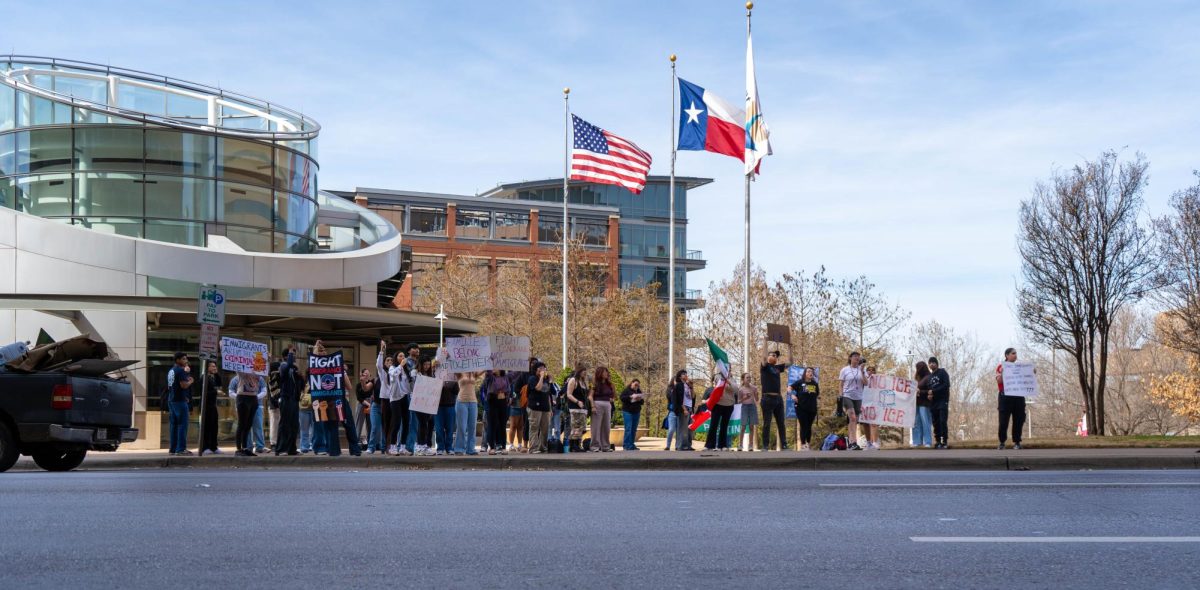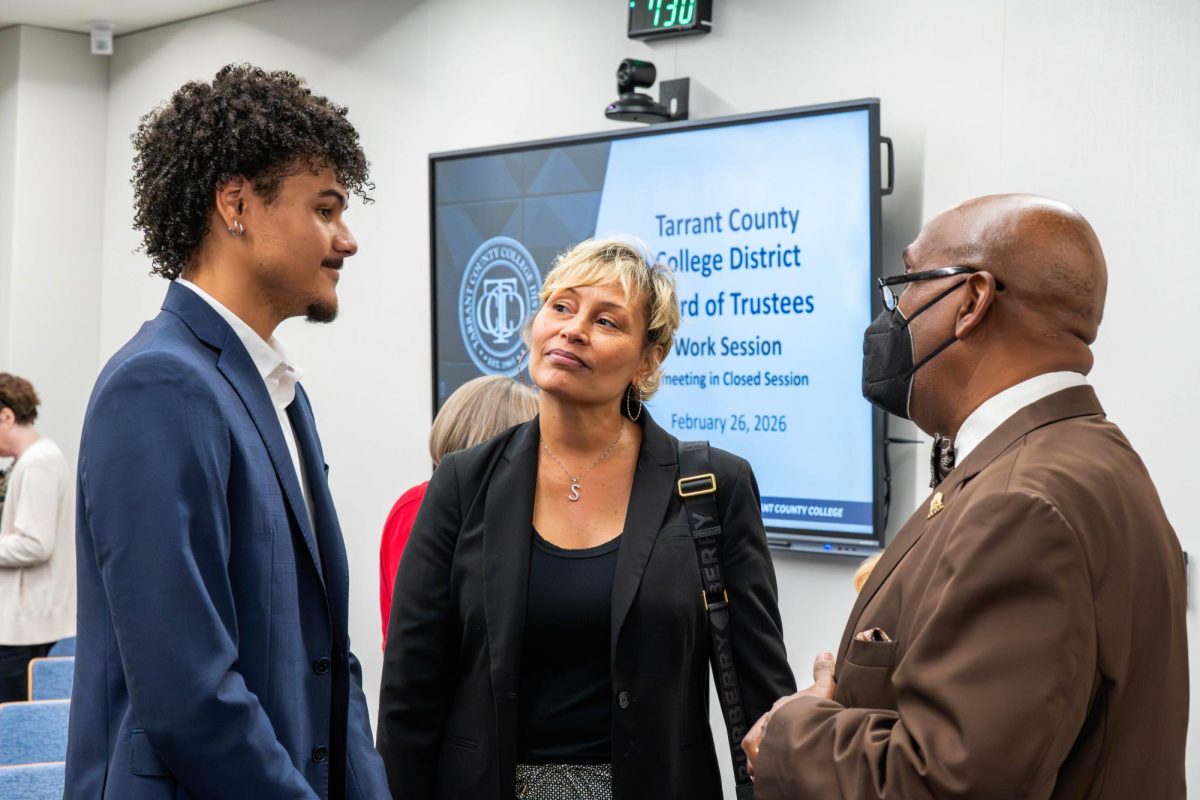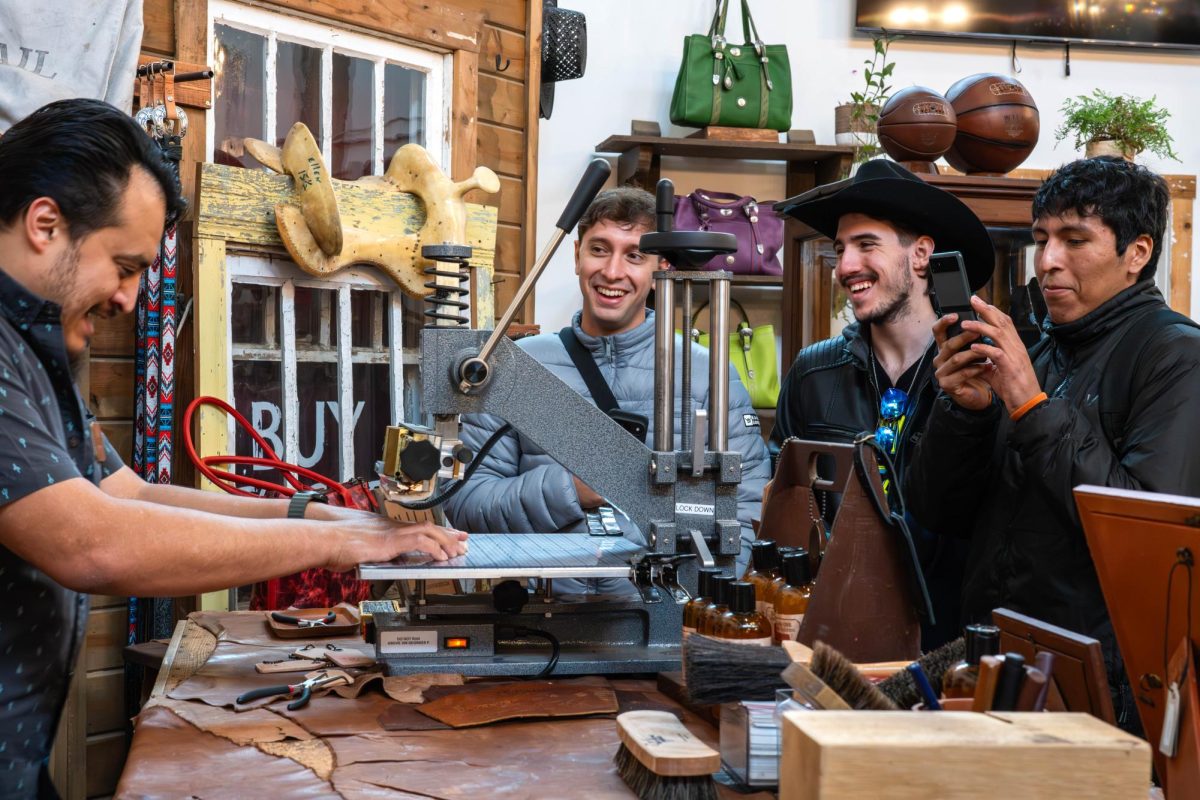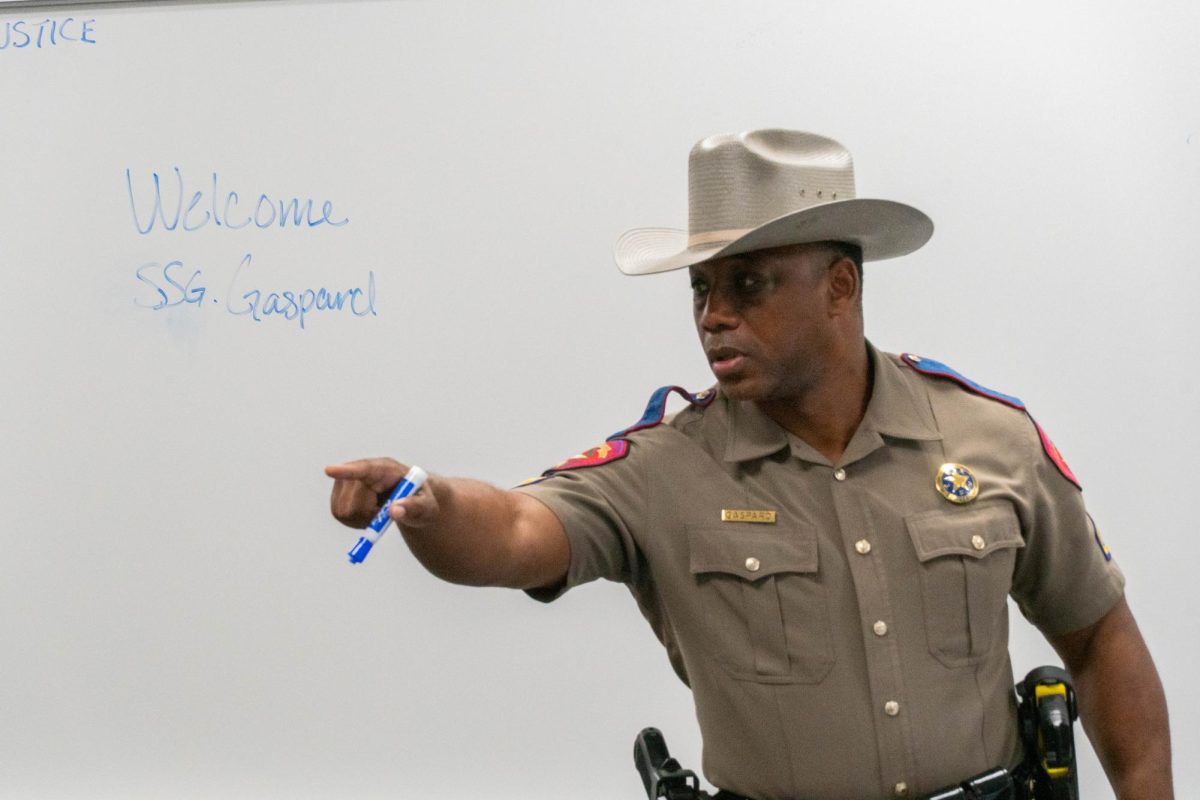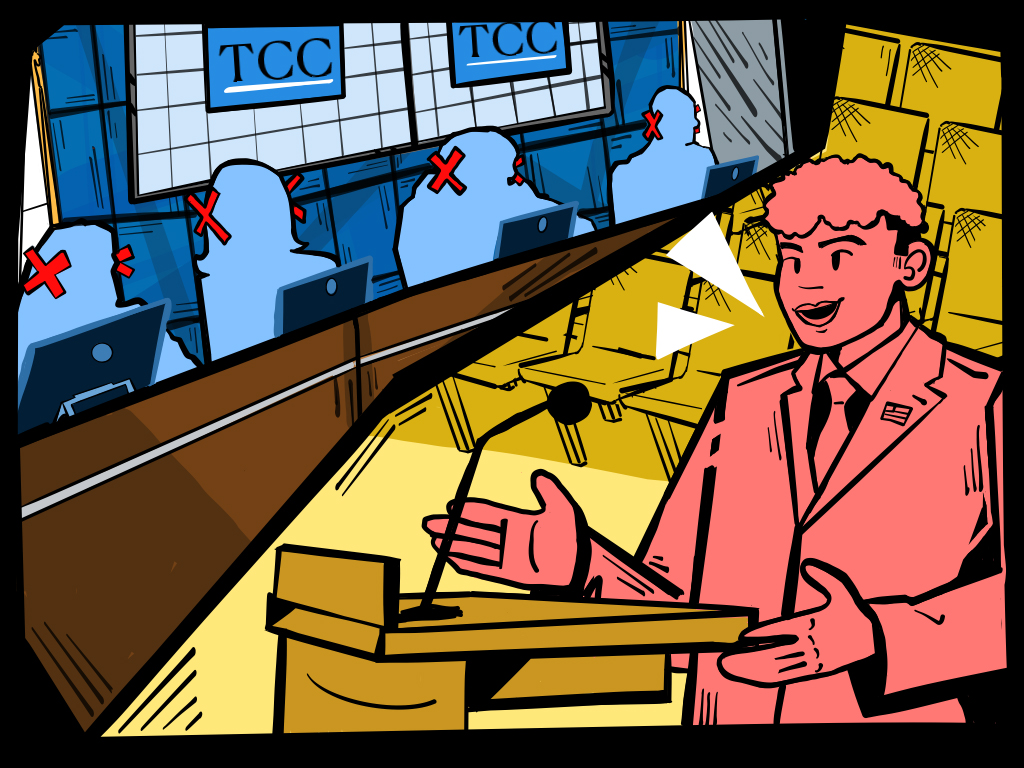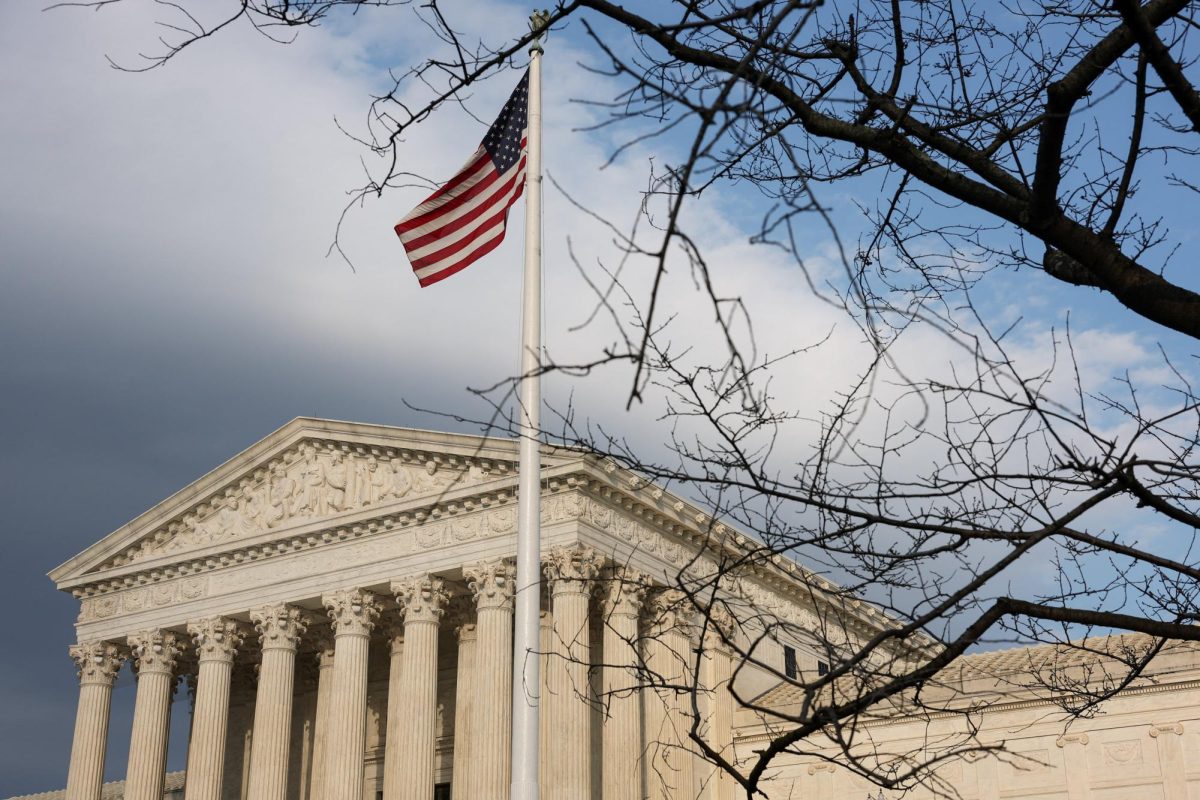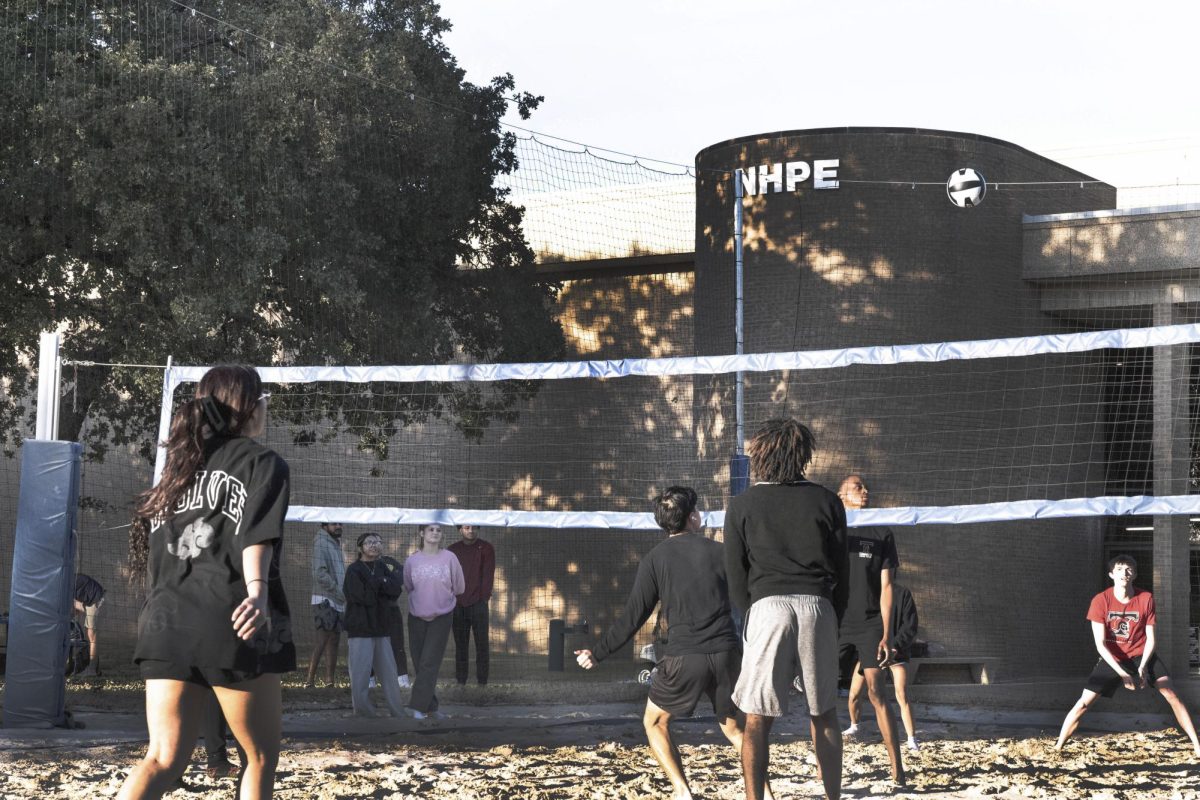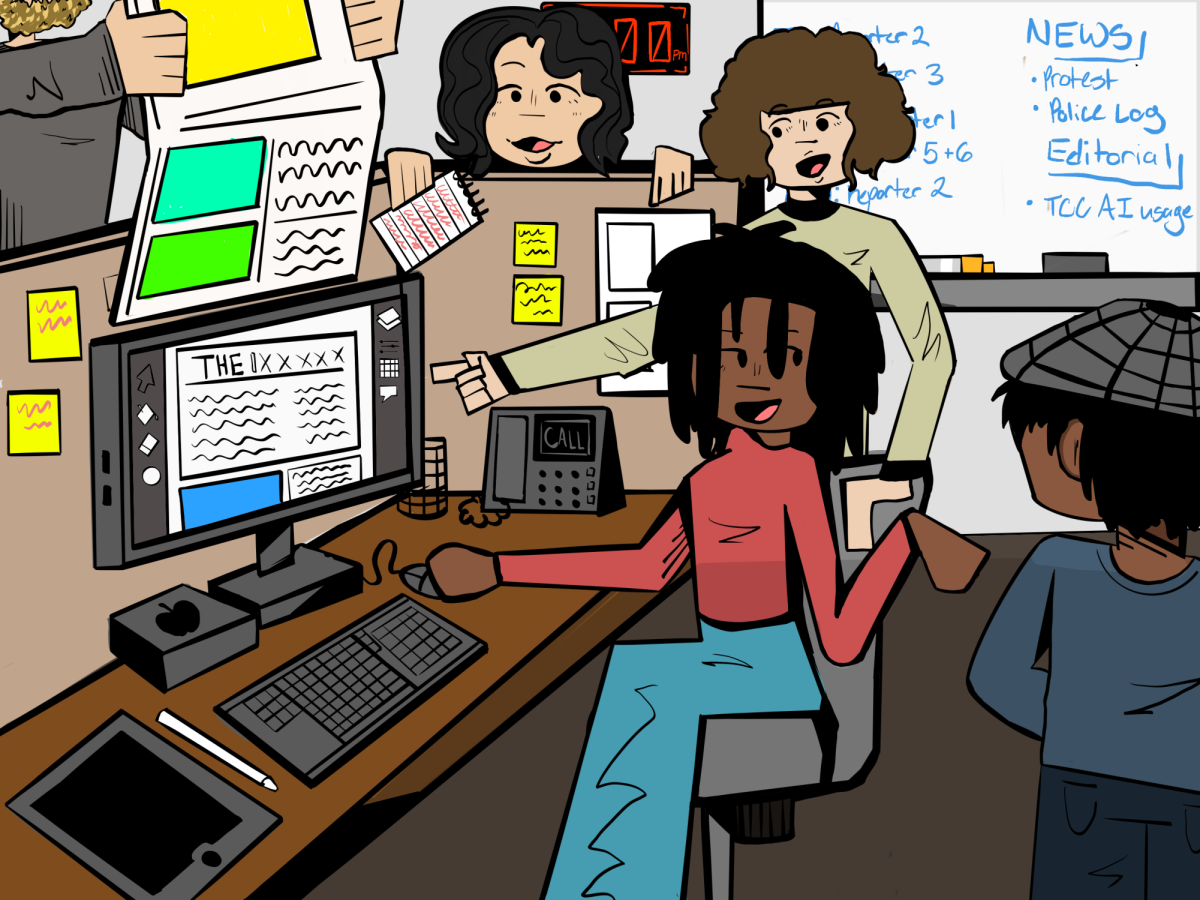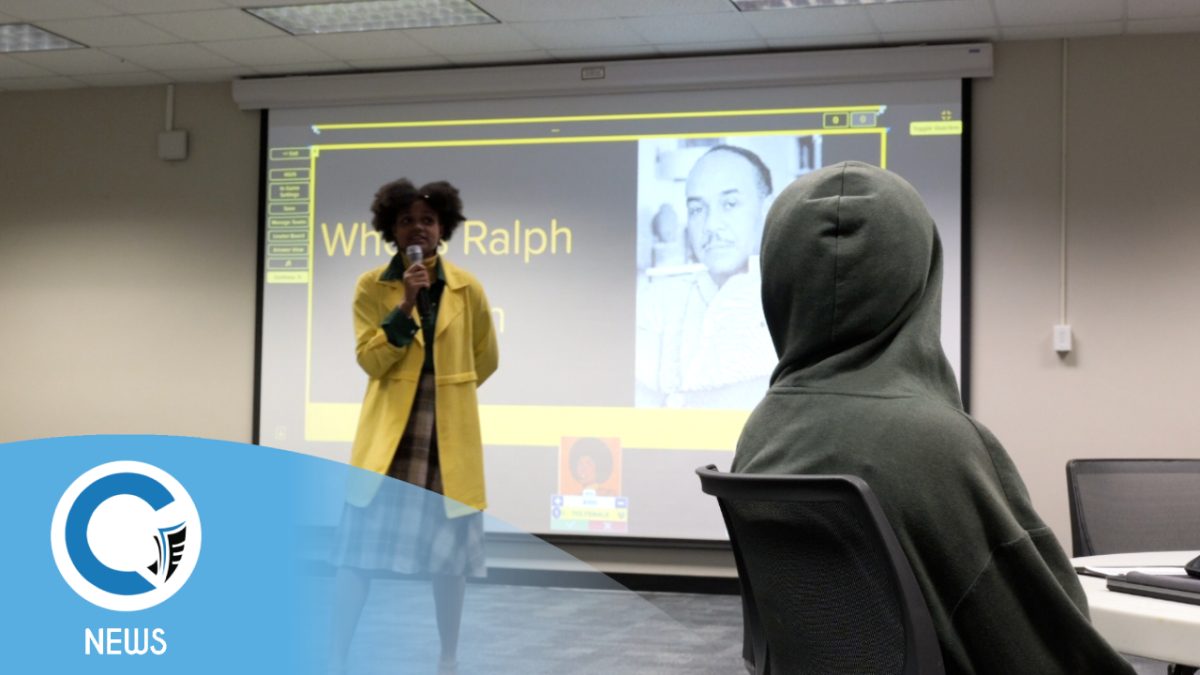A new law effectively bans Diversity, Equity, and Inclusion initiatives in higher education institutions.
The law was enacted on Jan.1 and was sponsored by Republican state Sen. Brandon Creighton.
It prohibited DEI activities such as starting or maintaining a DEI office, hiring or contracting third parties to perform the jobs of a DEI office, giving preference in employment or any other areas of the institution based on race, sex, color, ethnicity, or national origin and conducting DEI training or activities unless necessary for compliance with federal or state law.
Partisan bans should have no place in the education system. Students should not be involved in politics when they want to graduate, gain life experience and prepare to join the workforce.
The state knows that education is power, and to keep control, they must limit our access to accommodations that make getting an education more accessible.
DEI should not be a source of political animosity but a focus on how we can offer better education for all.
SB17 directly impacted most students when LinkedIn learning was discontinued, pending a review
of whether it was against the law due to DEI training in some modules.
The impact on college offices and organizations across the state that focus on diversity and inclusion can significantly impact enrollment and student success. Students join clubs and seek out college departments for extra support or to build community with other students. When you remove support systems or social clubs, the students and the future workforce suffer the most.
Faculty frequently give students resources to learn more outside of the classroom. Many students have been using their free LinkedIn learning accounts to gain industry skills and certifications that they can use to build on their classwork. Any extra skill set in this competitive job market can put you above other candidates.
The ban already makes faculty scared to host open discussion spaces.
While the ban doesn’t include academic coursework, scholarly research or guest speakers, it’s not just getting rid of the DEI office. It sends an unmistakable message of fear that any initiatives made in the classroom that can be misconstrued as DEI could potentially lead to disciplinary actions.
Currently, events like Hispanic Heritage and Black History Month are allowed as long as they are open to all students, and there are no extra perks for students who belong to these cultural groups.
Other things that are not banned are academic coursework, scholarly research and guest speakers.
Despite the challenges posed by SB17, colleges must continue cultivating a diverse environment for all students.
While the law may seek to curb DEI offices and affirmative action, it doesn’t prevent institutions from actively supporting diversity as long as all students feel included and supported.

